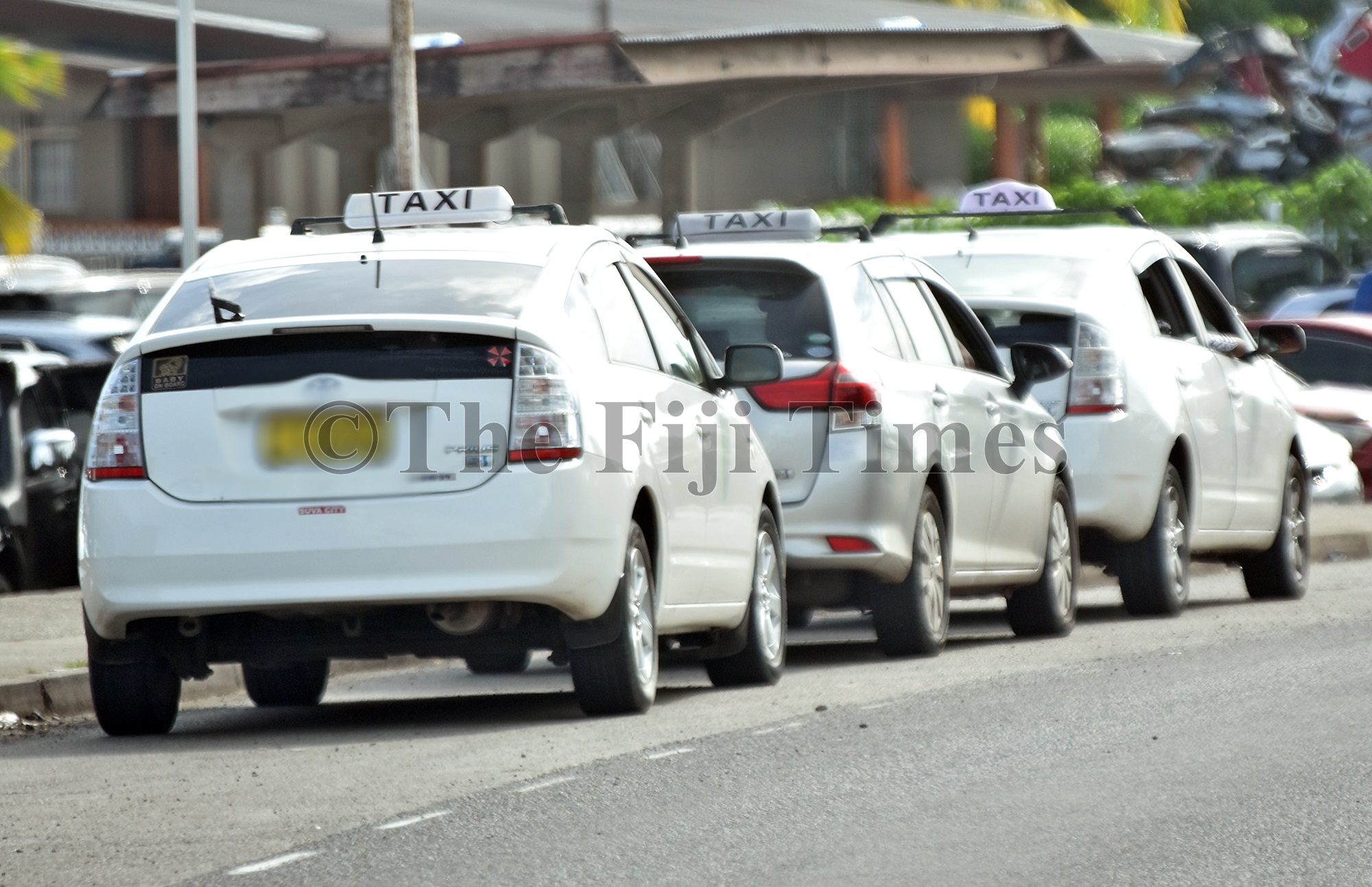Now we’re talking! Three days later, and we’re still on the issue of taxidrivers using drugs! It is encouraging to hear that the Land Transport Authority (LTA) is finalising regulations that will govern the administration of random drug tests for all public service vehicle (PSV) licence holders.
About time, too, we say.
This follows worrying revelations this week about drug use among taxidrivers, an issue that raises serious questions about road safety and public trust in the transport industry.
Responding to public concern, LTA chief executive officer Irimaia Rokosawa said the new regulations were crucial to ensure the authority’s powers and responsibilities were clearly defined and enforceable.
“This is essential so that any enforcement action taken will have the legal mandate similar to drunk driving, which is governed by the Land Transport (Breath Test and Analysis) Regulations 2000,” Mr Rokosawa said.
He revealed that the LTA was using recent legal amendments from neighbouring countries as guidance for developing its own framework. Once completed and approved, the new regulations would pave the way for implementation.
“The authority is collaborating with the Fiji Police Force to enforce drug testing requirements,” Mr Rokosawa said.
“Police will be responsible for carrying out and enforcing the drug tests, as they have the legal authority to make arrests.”
The term “drug-driving” may soon become a familiar part of our national vocabulary, given the extent of this growing problem.
Earlier this week, Lautoka Zone Taxi Association president Vijen Prasad made a revealing connection between drugs and some taxidrivers. He claimed that financial pressure was driving some into dangerous territory.
“Some drivers are pressured to meet strict payment demands, forcing them to work longer hours,” he said. “I know for a fact some drivers use drugs to stay up and drive longer hours.”
Mr Prasad’s statement followed comments by Deputy Director of Public Prosecutions, John Rabuku, who had also noted that some taxidrivers were resorting to illicit substances to cope with long shifts.
These are not isolated remarks. They point to a systemic issue within the industry. The combination of long hours, financial stress, and easy access to drugs is a recipe for disaster.
As we await the rollout of the new regulations, there is a sense of urgency. We cannot understate how serious this issue is. It impacts not only the drivers themselves but also their passengers, pedestrians, and every other road user.
How do we identify a driver under the influence of drugs? What is the effect of these substances on reflexes, judgement, and decision-making in split-second situations? These are not hypothetical questions. They are matters of life and death.
A driver impaired by drugs may be a danger to everyone on the road. The margin for error is small, and the consequences can be devastating.
That is why the move by the LTA to strengthen enforcement through random testing is necessary. Preventative measures, backed by solid legal authority, can help save lives before tragedy strikes.
Mr Rokosawa has made it clear that the LTA maintains a zero-tolerance stance on illicit drug use within the PSV industry. Drivers found under the influence will face severe consequences.
“Driving under the influence of drugs is a direct threat to public safety,” he said. The LTA will not hesitate to initiate show-cause proceedings that could lead to suspension or cancellation of a driver’s licence, or even the revocation of a PSV permit.
That is the kind of decisive action the public expects.
Now, with regulations on the horizon, there is a real opportunity to clean up the industry, restore public confidence, and make our roads safer for everyone. Let’s stay focused on this massive challenge!



